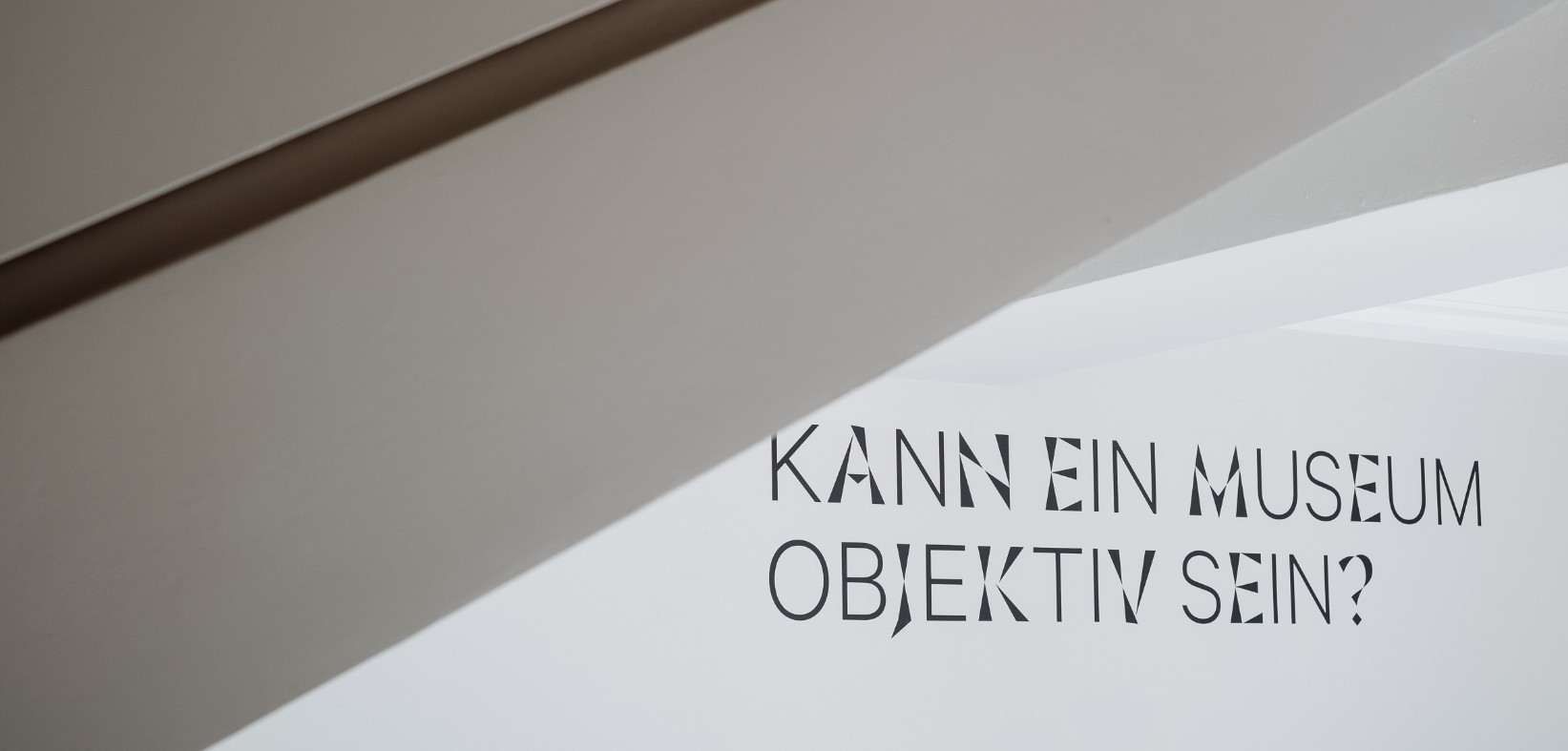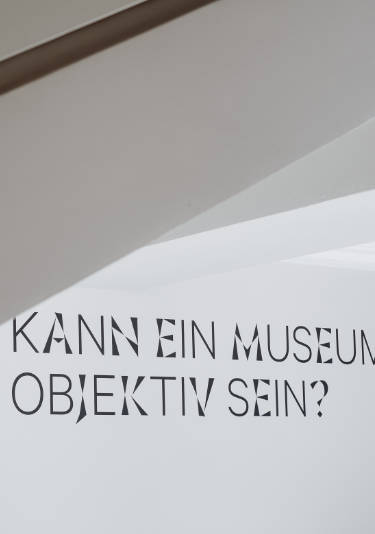The Linden-Museum
The Linden Museum The Linden-Museum Stuttgart is a state anthropological museum, supported and financed by the State of Baden-Württemberg and the City of Stuttgart.
The human being is our focus. We deal with questions of society, identity, cultural change, faith and globalization. We stand for tolerance and respect and enable visitors to encounter different realities of life in the world with an open mind, beyond a European perspective.
The Linden-Museum is on the move: We are in a transparent process of reorientation and want to create space for transcultural exchange. We are exploring new forms of presentation and the active participation of representatives from the societies of origin as well as people from Stuttgart. We are committed to polyphony. In addition, we offer a place where visitors feel welcome and can have powerful experiences.
In our program, we want to sensitize people to the dynamics of cultural processes, responsible coexistence and respectful treatment of cultural heritage. We also want to draw attention to current global interdependencies and challenges.

